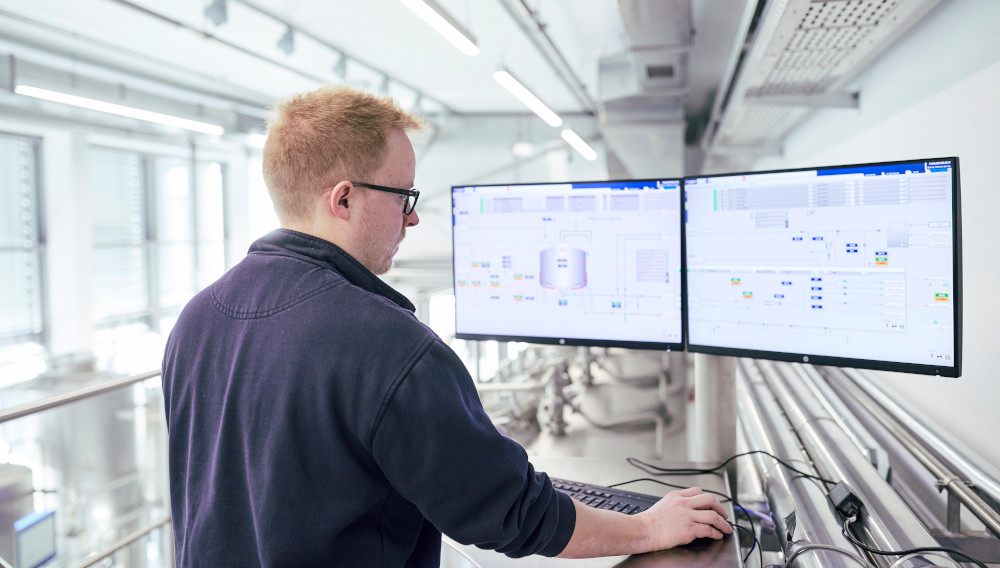As for late, "Brewing Techniques in Practice" by W. Back, M. Gastl, M. Krottenthaler, L. Narziss, M. Zarnkow has been published. The volume is the completely revised and updated English translation of the handbook “Ausgewählte Kapitel der Brautechnologie”.
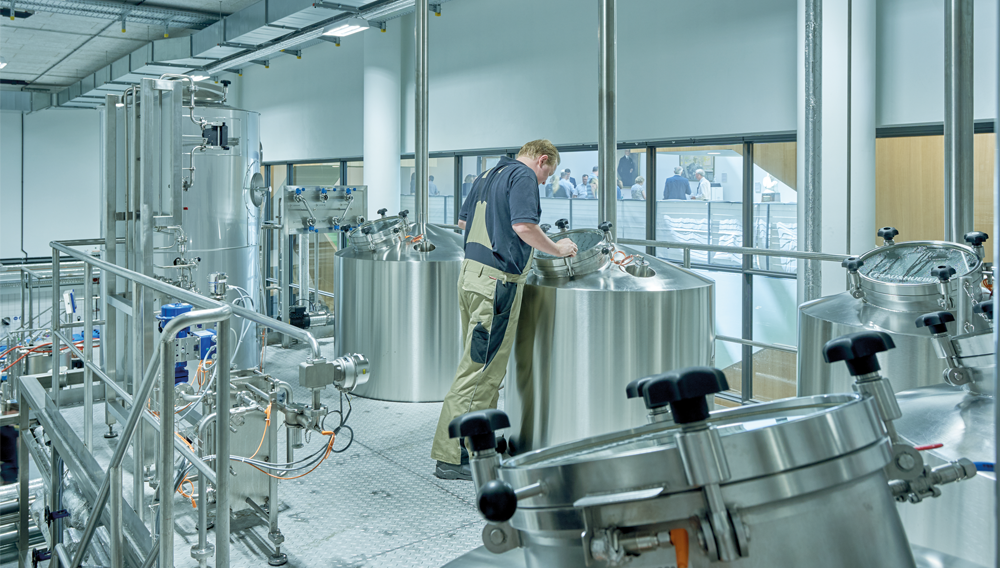
Versatile | A modern pilot brewery has been in place at the Versuchs- und Lehranstalt für Brauerei in Berlin (VLB) e.V. since 2017. The brewing system is state-of-the-art and is available for research and instruction.
Gluten-free beer | Traditional beers are brewed from malted barley, hops, water and yeast. Adjuncts are unmalted raw materials, which are used to increase stability, reduce costs or produce a specific quality in the final beer. The most common types of adjunct are unmalted grains which are used to supplement or replace malted barley. Oats, rye, millet, corn, rice, sorghum, teff and buckwheat are just a few of the many starch-rich adjunct grains which can be fermented into beer. As is implied by the very word adjunct, they are usually considered extras in beer.
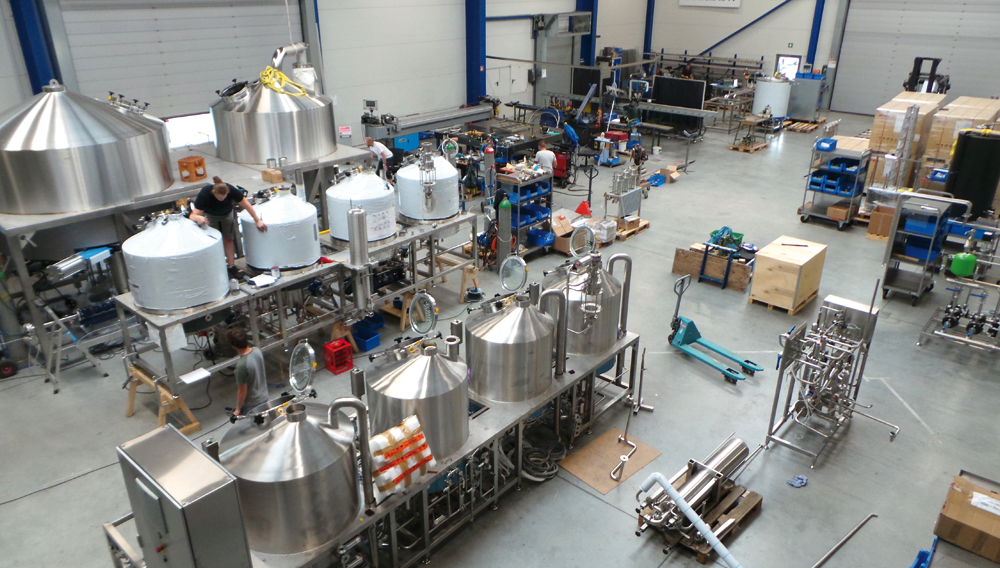
Inert gas from own production | Nitrogen is used in many areas of the food industry. The gas is also being increasingly used in breweries to prevent the spoilage of beer and to keep it fresh for a prolonged period. The Bavarian company BrauKon, as a brewing equipment manufacturer and brewery, has gained intensive experience with the use of nitrogen and is familiar with the areas in which nitrogen offers breweries advantages over the use of carbon dioxide.
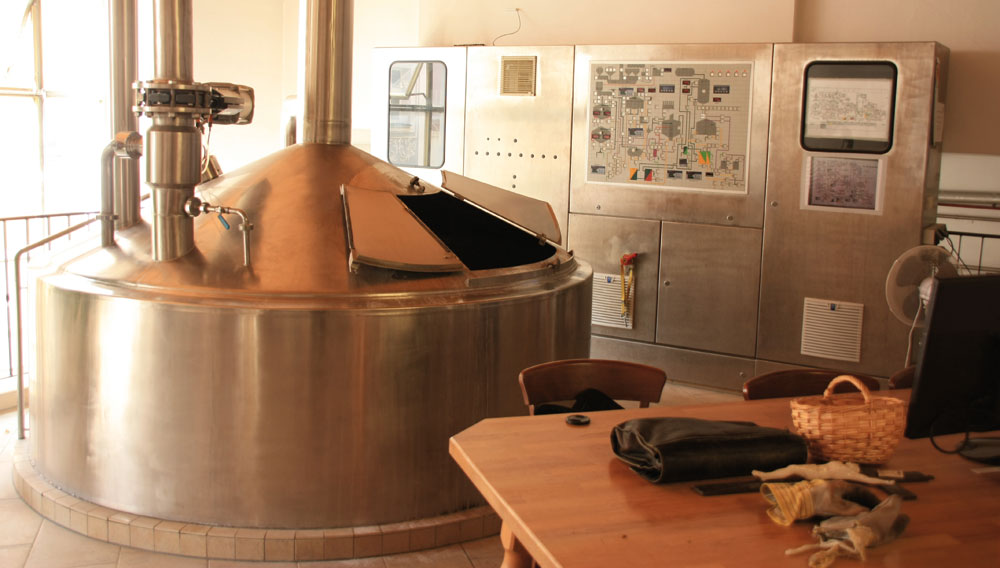
Brewhouse control | Everyone is familiar with that surge of excitement that accompanies getting something new and being thoroughly satisfied with it. Maybe it comes in the form of an elegant coat, a high-end kitchen or a new car. Even though it is not a luxury item, a new brewhouse control system can evoke the same feelings of deep satisfaction in brewmasters. At least this was the case with the brewery Bruckmüller GmbH & Co. KG in Amberg, Germany.
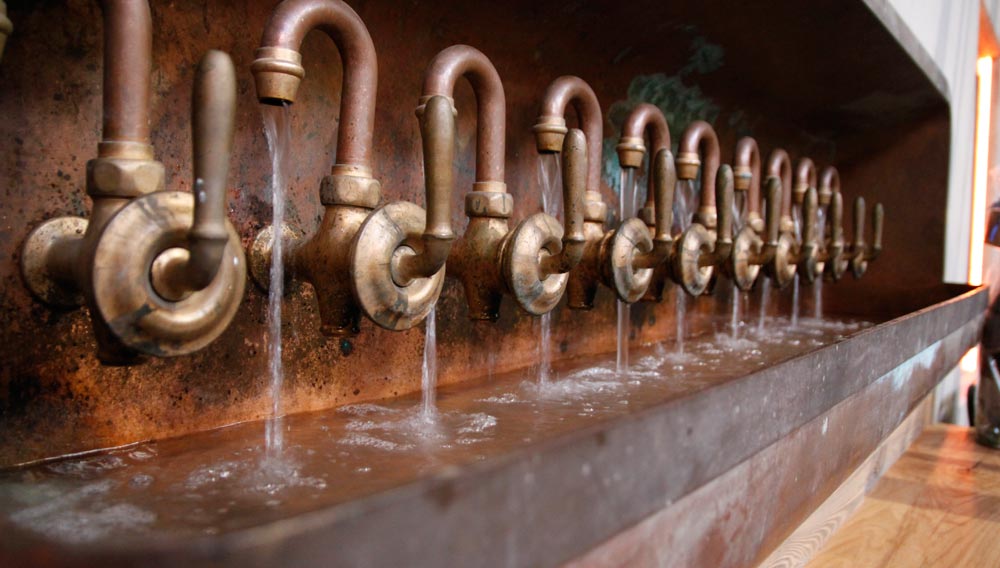
Flocculation agents | As the lautering process is often regarded as the bottleneck in the overall brewing process, measures for accelerating the operation are of interest. Several flocculation agents and their effect on lautering performance were investigated. Process time could be reduced by means of agglomeration of fine particles.
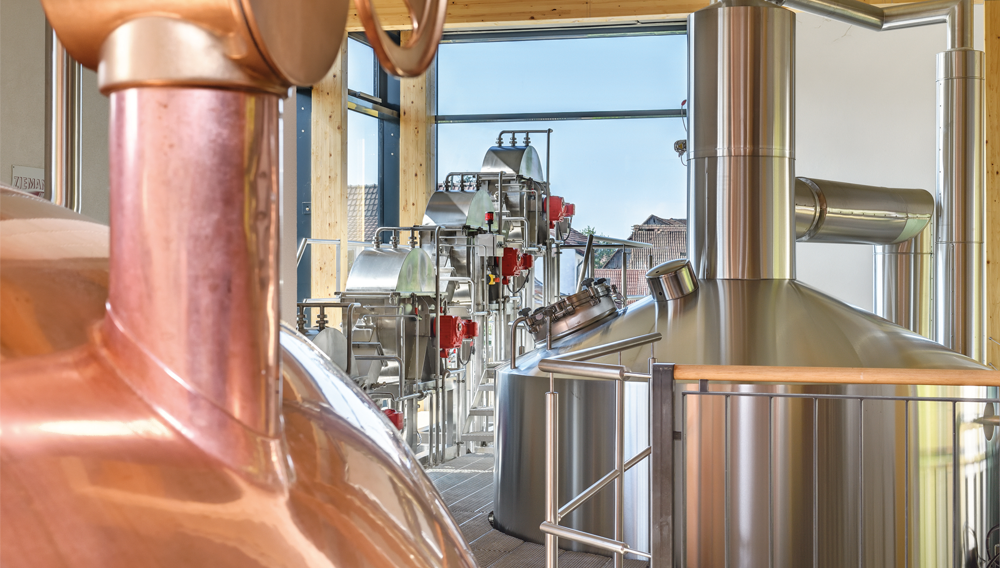
Beer analyses | The Omnium brewhouse concept by Ziemann has been operating successfully for the first time in a German brewery, Schlossbrauerei Reckendorf, since the beginning of April 2018 [1]. In the first part of the technological considerations, the results of brewhouse operation based on process times and data from wort analyses were explained [2]. The repercussions for beer quality resulting from technological factors described will be examined in this second part of the article.
Loss processes | The aroma spectrum of hop raw material generally differs considerably from the aroma that it introduces into beer. Apart from conversion reactions of volatile hop compounds, this is due to losses of same during the brewing processes. The decrease in concentration of specific substances during fermentation is steep, but can be influenced.
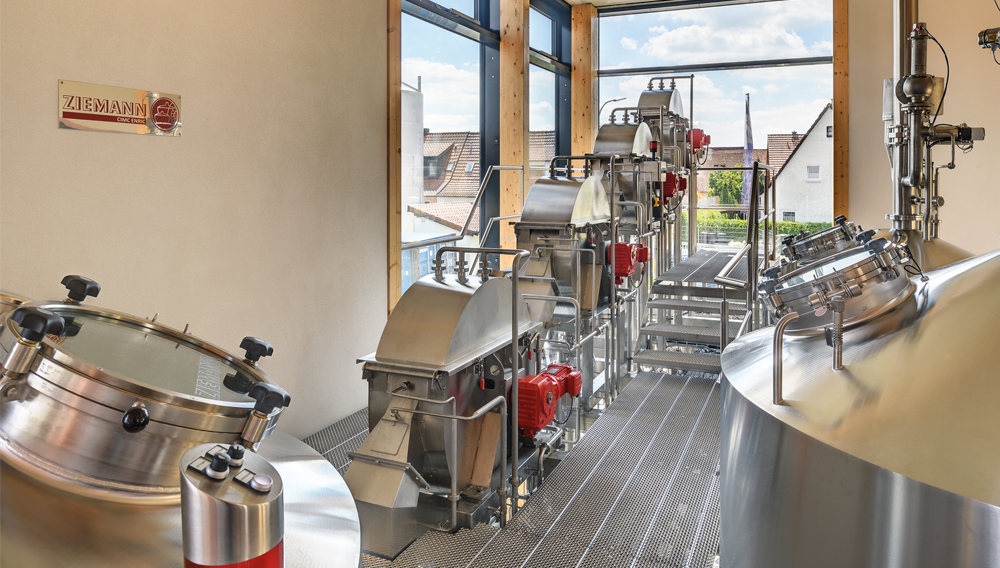
Wort analyses | The new brewhouse concept Omnium by Ziemann attracted great interest among experts and practitioners after being unveiled at BrauBeviale 2016 and drinktec 2017. Reactions ranged from sheer surprise to anticipated criticism. The results of this interdisciplinary research and development project are derived from many tests from pilot to industrial scale from 10 to 140 hl [1-5]. First hands-on experience is now available at Schlossbrauerei Reckendorf.
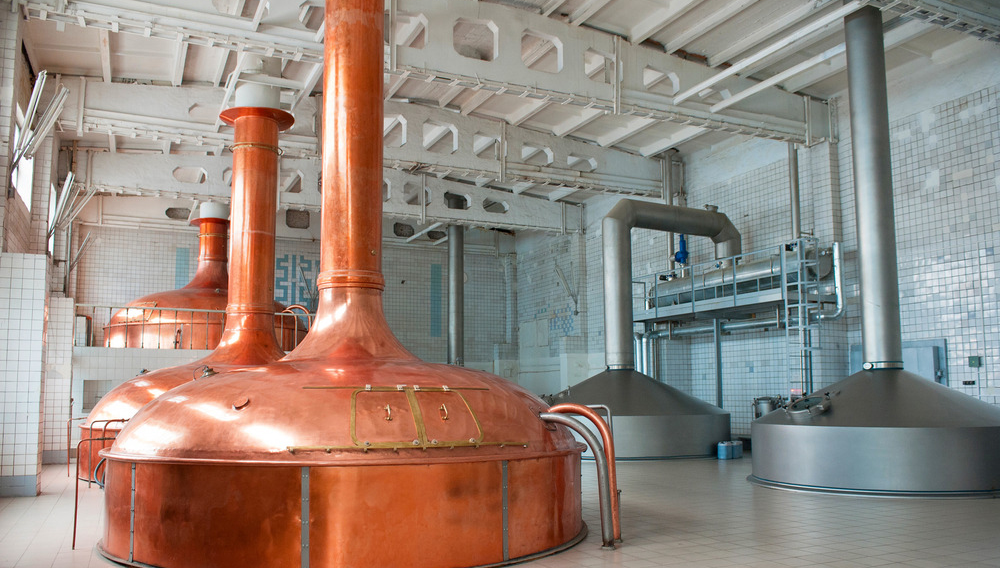
Hop-based inhibitory power | Hops as raw material contribute significantly to microbiological stability of beer. In the present contribution, determination of a so-called hop-based inhibitory power is described in order to assess the antimicrobial potential of beer. This will be verified in Part 2 based on commercial-scale tests.
Laboratory tests | It is generally known that hops are able to do much more than provide beer with bitterness, aroma and microbiological stability. To-date, the focus was on yield of bitter substances and hop aroma. However, no systematic research exists about the influence of hop addition and time of addition on oxidative beer stability. A research project at the Department of Brewing Science of the Technical University (TU) Berlin (AiF 17439) was devoted to resolving this issue.

